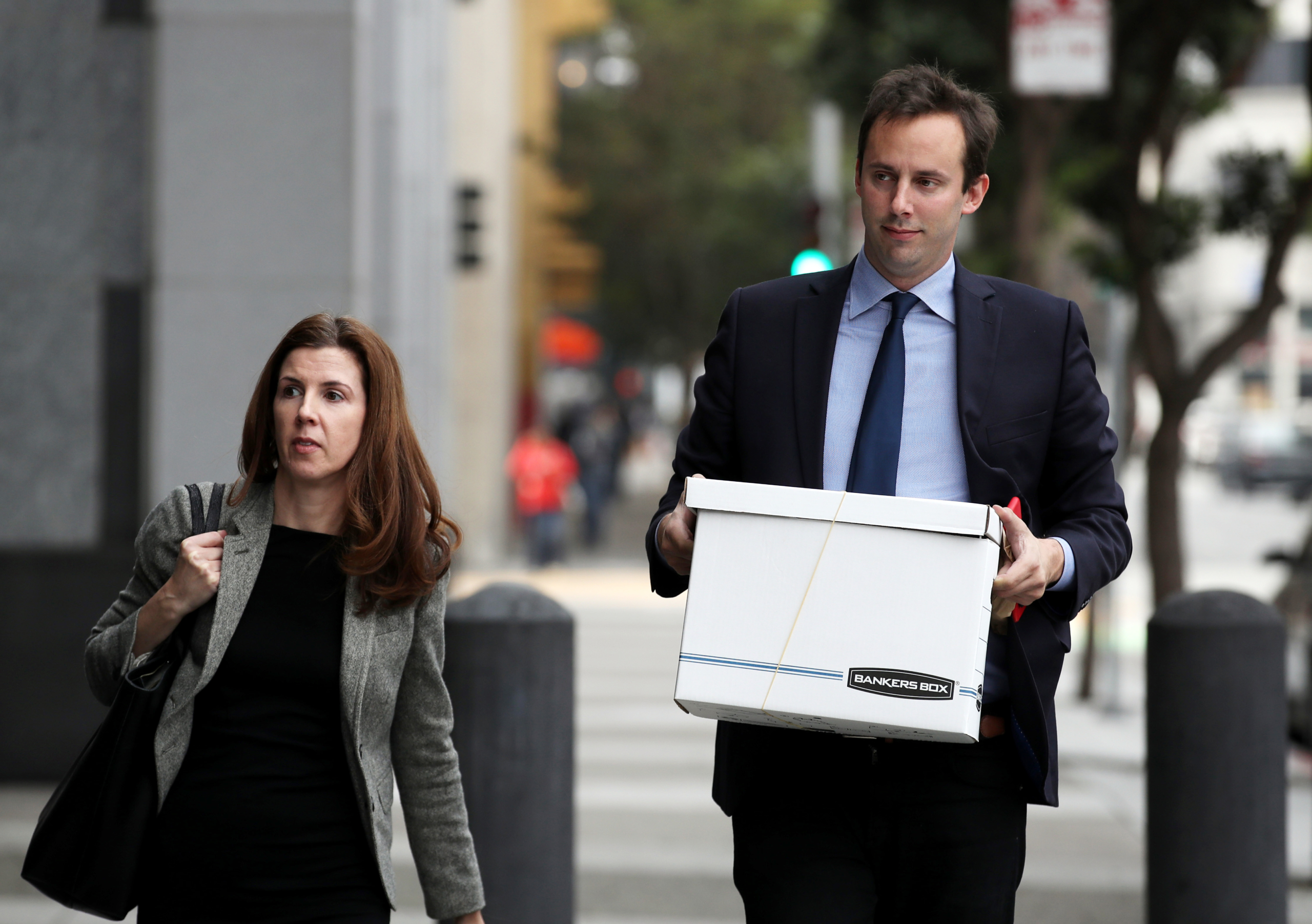
Anthony Levandowski, the former head of Uber’s self-driving car initiative, has been fined a staggering $179 million in a closely watched lawsuit Google filed over theft of intellectual property. Levandowski promptly declared bankruptcy.
The massive fine marks the end of a case that has plodded through courts for years: Uber ended its lengthy, highly publicized legal battle with Google’s Waymo division over stolen trade secrets in 2018 by settling out of court for $245 million, but Levandowski — the star engineer accused of leaving Google’s self-driving car division in January 2016 with some of its lidar-related intellectual property — was indicted on 33 criminal counts. Late Wednesday evening, the court ruled in Google’s favor.
Levandowski immediately filed for Chapter 11 bankruptcy, enabling him to negotiate debts, Reuters reported. The engineer has $50 million to $100 million in estimated assets, according to his filing.
“This arbitration was not about trade secrets but about employees leaving Google for new opportunities and an engineer being used as a pawn by two tech giants,” Levandowski’s lawyer, Neel Chatterjee of Goodwin Procter, told Digital Trends. “Google fought tooth and nail to take back every penny paid to Anthony for his multibillion dollar contributions and now Uber is refusing to indemnify Anthony despite explicitly agreeing to do so. Anthony had no choice but to file for bankruptcy to protect his rights as he pursues the relief he is legally entitled to.”
Waymo, the self-driving car company that was spun out of Google in 2016, said it would “continue to take the necessary steps to ensure our confidential information is protected,” Reuters reported.
Levandowski “knowingly stole, and without authorization appropriated, took, carried away, concealed, and by fraud, artifice, and deception obtained trade secrets belonging to Google,” according to the nine-page indictment published by the United States Department of Justice last fall. He was accused of using those trade secrets to start a self-driving truck firm named Otto, which Uber purchased in 2016.
Uber settled its lawsuit with Waymo in February 2018. Uber agreed to pay Waymo a 0.34 percent equity stake, and based on a $72 billion valuation at the time, Waymo was set to receive $245 million. Uber CEO Dara Khosrowshahi wrote that he regrets the dispute between the two companies went as far as it did and stressed the firm saw Waymo as a partner, not merely as a rival.
Levandowski then went on to start yet another self-driving car company, a secretive startup named Kache.ai — the name, derived from the Chinese word for “truck,” was later changed to Pronto.ai. It was incorporated in St. Helena, California, and appeared to be focused on self-driving vehicles as well.
Levandowski’s name is not listed on the Pronto.ai website.
That’s not the only court case involving the former exec, however: A lawsuit filed in early 2018 by his former nanny, Erika Wong, accused Levandowski of breaching numerous employment laws, including failure to pay wages and inflicting emotional distress. According to a Wired report that took a deep dive into the case, he strategized with then-Uber CEO Travis Kalanick, with whom he allegedly discussed fleeing to Canada to escape prosecution.
The case was dropped a few months later, but details from the filings — as documented by Wired — may offer a window into Levandowski’s mindset. According to court records, Wong recalls Levandowski screaming into the phone, “How could they do this to me? Miles, what about the clause, you … said this would work! What do I do with the discs? What do the contracts say? It’s all mine, the money, the deals, it’s all mine. What about ‘the shit?’ These are all my fucking deals!”
Updated On March 5, 2020, with a statement from Anthony Levandowski’s lawyer.


